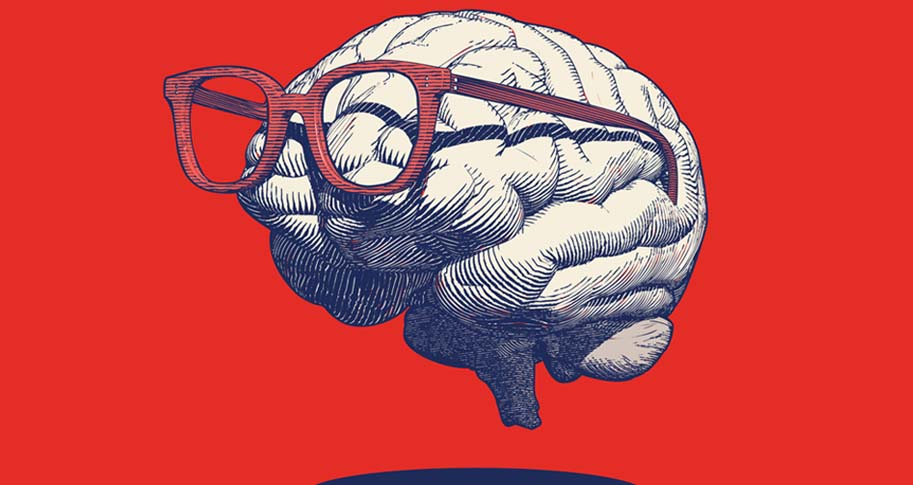
While no personality assessment can perfectly analyze all the behaviors that make you uniquely you, that’s still no reason to shy away from these insightful tools. In fact, I would encourage you to take several of them. Taking multiple assessments establishes credible data points and provides trend markers (positive correlation from assessment to assessment) - which can provide a fairly accurate description of who you are overall.
Here’s what I’ve learned, and keep learning, as a student of behavioral sciences: An increased understanding of your personal preferences, or more simply, “how you’re wired,” gives you a better understanding not only of yourself, but of those around you. These insights into human behavior are invaluable. Understanding how we “tick” allows us to position ourselves to fulfill our greatest potential. Understanding how others tick drives human connectivity. It helps us connect better with others.
The format of assessment data varies widely from instrument to instrument. Colors, charts and commentary all serve to convey pieces of behavioral blueprints. While the design of one instrument may appeal to you, the narrative language used in another may resonate more strongly. This blending of data from multiple sources gives you the most robust view of your personality.
How we use behavioral data is varied as well. Certainly, it helps us to better understand our core personality. It also provides significant insights into how others differ from us, what we can do to expand our effectiveness, and what we really mean when we talk about perspective.
To expand on that a bit:
Self
Understanding how you’re wired takes patience; being comfortable with what you discover takes grace. The best version of who you are lives alongside the worst version of who you could be – which is equally frightening and freeing. Behavioral assessment data simply brings clarity to both sides of that equation. And once we have clarity of self, we can begin to see others in a more generous light.
Others
We live in a time of unprecedented human connectivity. Therefore, the ability to understand self in relation to others has never been more important. “Me” behaviors must learn to coexist with “you” behaviors. While we still need everyone contributing to the greater good in a way that works for them, we also need everyone developing an understanding of that which is different from them. The brilliance of personality assessments is that they start a conversation – a conversation about how people are different. We are all wired differently. We have different interests, different needs, we prefer different environments, we enjoy different interactions, we express different emotions. Different. We are all humans. We are just differently human.
Range
Humans have an enormous capacity to exhibit a wide range of personal behaviors. We just tend to gravitate toward our personality preferences. The challenge is that sometimes we need a behavior that we don’t own (that means a behavior that is not a preference). Learning how to “borrow behaviors” increases our effectiveness in navigating a wide array of situations and interactions. Essentially, it’s learning to be comfortable stepping outside of our comfort zones. A wider range of behaviors creates options and choices. And choices are powerful.
Perspective
Assessment data compels us to ask “is ‘that’ normal…?” The answer is a resounding No. There is no normal. Normal is relative. Our personalities operate on a continuum. This perspective takes us far beyond the simple dichotomy of “I see it this way” and “you see it that way.” It introduces the notion that there is a spectrum of understanding and that we can ultimately learn to replace judgment with curiosity. In the words of Dr. Wayne Dyer, “If we change the way we look at things, the things we look at change.”
Ultimately, understanding “how you’re wired” becomes the basis for every other interaction and conversation.
Ancora Imparo…. (Still, I am learning)





